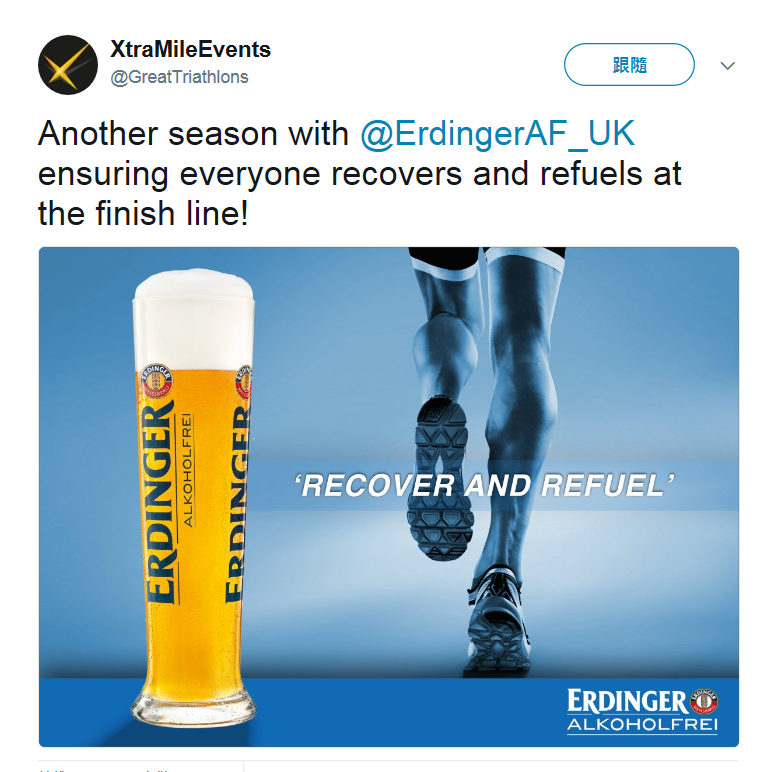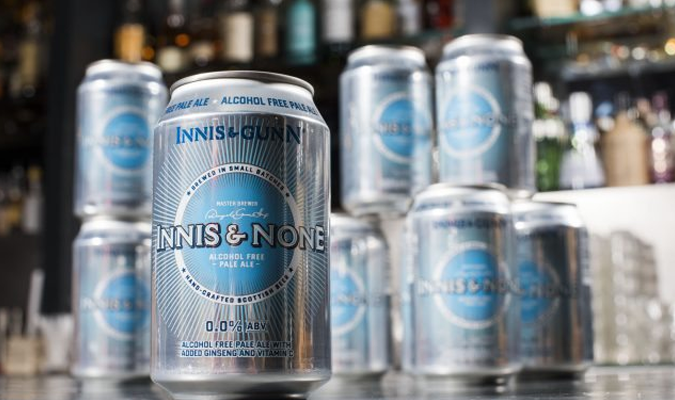In a fiercely competitive beer market, brewers are increasingly innovating with non or low-alcoholic product lines. Men, in groups or pairs, are the fastest growing segment, driven by health or economic concerns.
Yet social stigma is holding this category back. In this article, we ask: how can brands redefine the moments when one might enjoy a beer? How do they deliver timely messaging, or offer comfort and compatibility. How can they allay fears and create pride to unlock the moments that will help them flourish?
“Tools down… it’s time for a beer.” (Or two)
Weeknight drinks with friends and colleagues are often a welcome release after the weekly grind. And they’re hard to turn down - the moment your laptop closes at the end of a long day feels like the perfect time to unwind with a drink. But that day’s end drink can also distract from a self-promised gym-session, curb a good night’s (sober) sleep, and put a strain on the wallet.
Indeed, Global Monitor by Kantar Futures finds that  78% of beer drinkers around the world are either trying to improve their health, or agree they need to. This points to an opportunity which brands are taking note of.
78% of beer drinkers around the world are either trying to improve their health, or agree they need to. This points to an opportunity which brands are taking note of.
However, making a change isn’t that simple - especially for men.
In a fiercely competitive beer market, brewers are increasingly innovating with non or low-alcoholic product lines. Men, in groups or pairs, are the fastest growing segment, driven by health or economic concerns. However, many don’t want to advertise they’re drinking NABLABs, feeling embarrassed and torn between their desire to cut back on their alcohol intake and their fear of being seen to do so. Moments of doubt and the fear of social stigma mean many are still eschewing NABLABs for traditional beers.
In an extremely competitive and innovative market, some beer brands are seizing the opportunity to cater to these diversifying drink choices and address this tension. Household names such as Heineken, German brand Erdinger, and BrewDog, a leading craft beer in the UK are now offering up no or very low alcohol versions that look and taste much like their alcoholic counterparts, whilst extolling the virtues of just what’s inside that bottle (rather than apologizing for what’s not).
The moment for NABLABs to go mainstream is upon us, the question is: can brands sell bottles without the booze and the stigma?
From distress purchase to a proud choice
1. Focus on new opportunities
Alcohol, its benefits and limitations will be familiar to your target audience. The moment you take your first refreshing taste of a beer on a hot day, coupled with the relaxing effect of the post-work drink, are visceral experiences people will likely already be familiar with. As will the pain of a hangover, or the logistical nightmare of getting home via public transport late at night. However, with a new product comes new possibilities. Why should marketing for NABLABs be bound by appealing to the same moments as an alcoholic beer? Go beyond the usual messages of the parent brand and targeting new moments not traditionally associated with beer. By creating a new brand purpose, you can position it as a great alternative - not a poor cousin.

 German beer brand Erdinger has started positioning their 0% beer as a post-sport isotonic refresher, creating a new moment where their customers could enjoy it: as a post-sport thirst quencher and recovery aid.
German beer brand Erdinger has started positioning their 0% beer as a post-sport isotonic refresher, creating a new moment where their customers could enjoy it: as a post-sport thirst quencher and recovery aid.
2. Optimise your brand style
Point of sale is a key moment for the NABLAB category: not everyone will be ready to discuss or defend their choice of NABLAB to their friends. As with all products, smart imagery and the look and feel of the brand make all the difference and dictate whether something feels right. For those that want to moderate their alcohol consumption with minimum fuss, subtle, compatible packaging can allay fears about looking out of place and overcome barriers at the moment of purchase.

Beck’s are well aware of the fact that the best laid plans can come undone in a moment of doubt. In this case the moment of doubt was differentiated packaging that clearly highlighted the drinker was holding a non-alcoholic beer. They’ve recently changed their Blue 0% packaging to remove the blue neck foil. Now, the beer looks almost identical to a regular Beck’s with a hand wrapped around the bottle, allowing the drinker to hide it if necessary.
3. Make it timely
A single purchase decision is influenced by a multitude of moments. Timely messages that reinforce the benefits of not drinking can be powerful motivators or nudges in the face of social pressure. No, or low alcohol drinks can enhance time with friends or loved ones, or help drinkers stay true to health commitments. Understanding your audience so you get the right message to the right person, at the right moment, via the right touchpoints will reinforce your message.
Heineken’s “Moderate Drinkers Wanted” advert promotes sober men as “heroes”, reminding men that drunkenness isn’t always a turn on.

Innis & None
Innis & Gunn launched ‘Innis & None’ to coincide with 2017’s Dry January, a moment when many men are open to curbing their alcohol intake.
An experience unlimited by alcohol
NABLABs are ready to become viable alternatives to regular alcoholic beers, with many added benefits. In a category traditionally dominated by alcohol content, beer manufacturers face a challenge to make their products acceptable. They must first identify the moment that a person might decide to choose their product, to understand who these new products will appeal to and why. Understanding these momentary decisions will allow them to identify new and potentially previously untapped audiences and opportunities. Brands that optimise their product offering can take advantage of these moments of growth, and overcome barriers to adoption. By activating around these moments: brands can adapt their messaging to talk about benefits beyond alcohol content and allowing the customer the freedom to act as consumer or brand advocates at will.
Brands with an unapologetic positioning, who play to the possibilities the products create and understand the pressures on their audience in the moment, will reap the benefits.
About author

Chris Knibbs,
FMCG & Retail Director, Kantar TNS UK.
Chris is an IPD and Brand specialist who has worked extensively with alcoholic drinks clients for over 10 years and is a leading expert in the category, both in the UK and globally.

